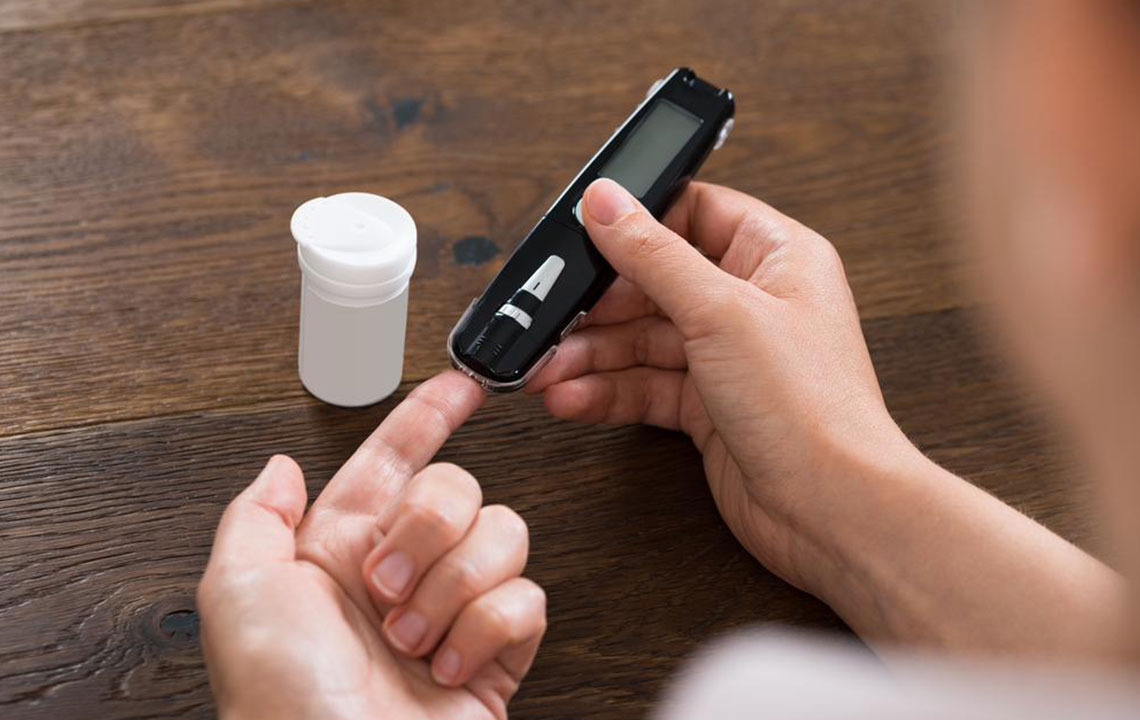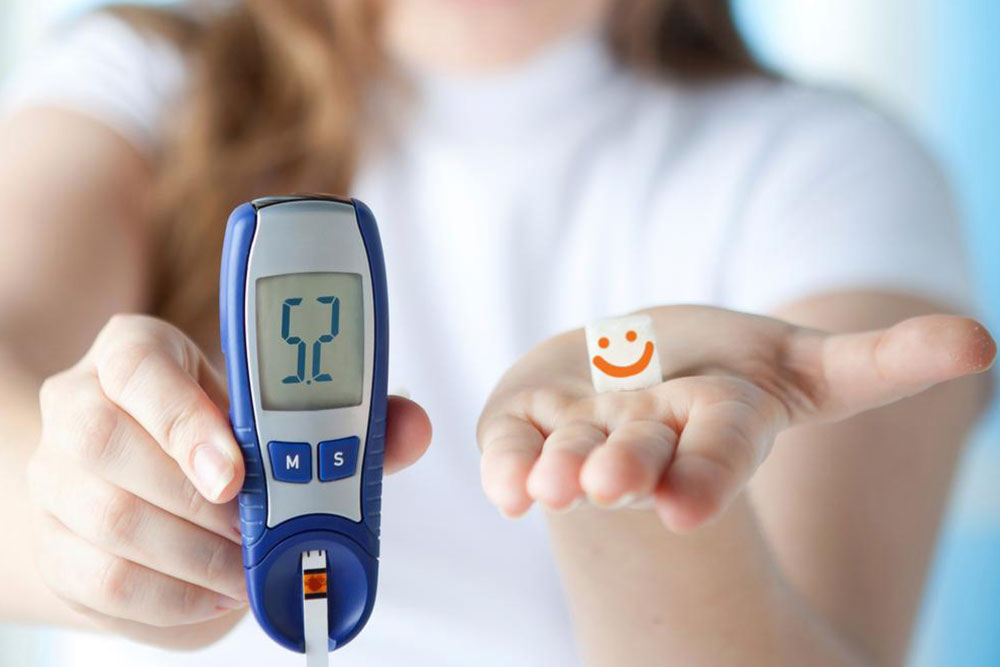Managing Blood Sugar for Better Health
Effective management of blood sugar is crucial for preventing diabetes complications. Regular exercise, balanced diet, hydration, and routine monitoring can help maintain healthy levels. Avoid common mistakes like skipping meals or neglecting doctor visits. Partnering with healthcare professionals ensures proper control and reduces risks associated with high blood sugar. This article emphasizes lifestyle changes and consistent habits to support health and well-being for individuals with or at risk of diabetes.

Why Controlling Blood Glucose Is Essential
Maintaining healthy blood sugar levels is vital for overall well-being. Many health conditions, especially diabetes, necessitate lifestyle adjustments to prevent complications. Although diabetes has no cure, proactive measures like monitoring blood glucose and adopting a healthy lifestyle can significantly reduce risks. Proper blood sugar control helps prevent severe issues such as nerve damage, blood vessel problems, and organ failure, enabling individuals with diabetes to lead active, healthy lives.
Does Elevated Blood Sugar Lead to Diabetes?
High blood sugar itself does not cause diabetes, but persistent elevated levels are a symptom of the condition.
Factors like genetics, environment, stress, age, and lifestyle influence diabetes development.
Conditions such as infections, trauma, or hormonal imbalances can also contribute to diabetes onset.
Uncontrolled diabetes can worsen health and cause serious complications. It’s critical to monitor and manage blood sugar to protect body's vital organs and prevent emergencies like hypoglycemia, hyperglycemia, or diabetic ketoacidosis.
Tips for Maintaining Healthy Blood Sugar Without Medications
Engage in regular exercise to support metabolic health.
Consult your healthcare provider about your diet, especially carbohydrate intake, to avoid spikes.
Increase fiber intake to improve digestion and stabilize blood sugar levels.
Stay well-hydrated by drinking plenty of water throughout the day.
Common Mistakes in Blood Sugar Management
Delaying blood sugar control measures after diagnosis can lead to complications.
Eliminating all carbs is unhealthy; moderation and guidance from your doctor are key.
Skipping meals can cause blood sugar fluctuations, so consistent eating habits are recommended.
Neglecting protein intake with carbs may affect blood sugar stability.
Fasting or cheat days are discouraged; consistency is crucial.
Regular check-ups and maintaining blood glucose records help track progress and adjust treatments.
Work closely with healthcare professionals to monitor and control blood sugar levels. Awareness and proactive habits are essential since diabetes currently has no cure. Taking preventive steps is the best way to safeguard your health.










